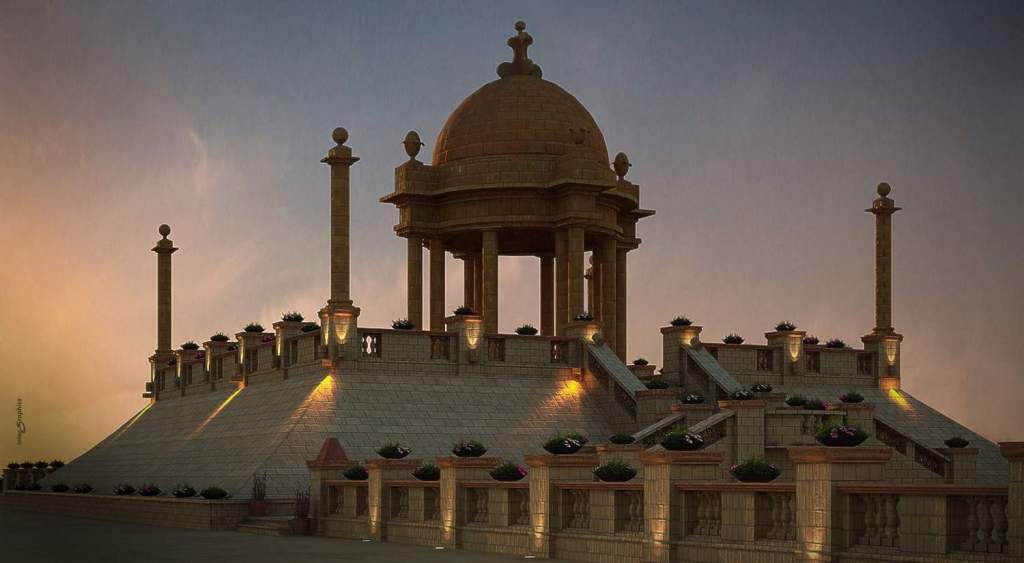Published in Dawn, March 7th, 2017
“Contemplating those essential landscapes, Kublai reflected on the invisible order that sustained the cities, on the rules that decreed how they rise, take shape and prosper, adapting themselves to the seasons and then how they sadden and fall to ruin.” — Italo Calvino
KARACHI is a city of incongruities and contradictions. Every morning as you leave your habitat, be it a palatial place, modest abode or a makeshift hut, and negotiate the space to reach your workplace you confront a city that lies in ruin: pot-holed roads, pools of sewage, garbage heaps, snarling traffic. But amidst chaos, disorder, missing rule of law and inequity, there is palpable energy, dynamism, a certain hope, a cosmopolitanism, that constantly draw people to this city to find work and a living. Karachi is ranked near the bottom — 134th among 140 cities in the Global Liveability Ranking 2016. The cities of the world are assessed on this index according to five key criteria: stability, healthcare, culture and environment, education, and infrastructure.
Continue reading →

